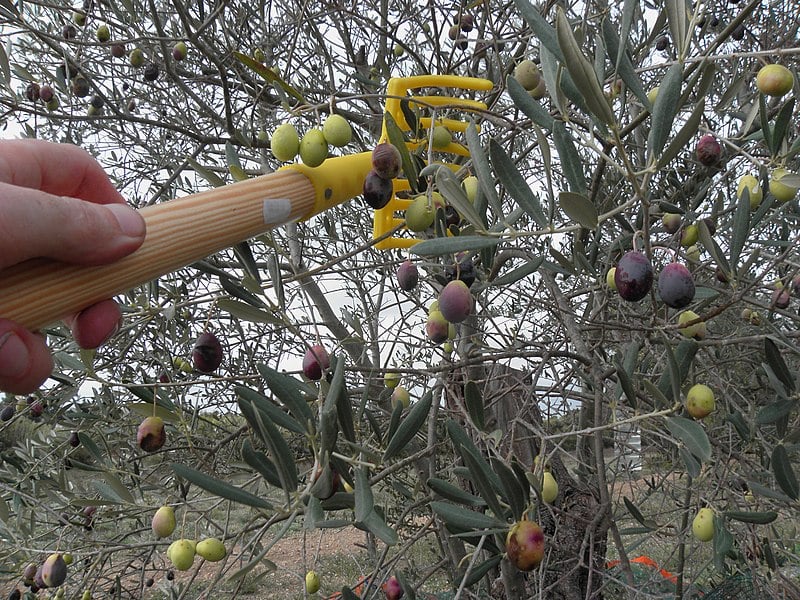SPAIN’S olive oil industry is running out of hands – and farmers are now looking abroad to fill the gaps.
In the rolling hills of Cordoba, a pilot scheme is being launched this season to bring in migrant workers after local labour dried up.
For years, ageing Spanish farmhands have been retiring, while younger generations turn their backs on back-breaking harvest work for better-paid jobs. Now, with olives ripening and desperate demand for pickers, growers admit they’ve hit a brick wall.
The scheme, led by Cooperativas Agro-Alimentarias, was supposed to recruit 300 foreign labourers. But fears over the high costs of accommodation and travel have seen that slashed to just 30 workers.
“Those who said yes at first now say no,” admitted Rafael Sanchez de Puerta, president of Spain’s Olive Oil Sector Council. Still, he insists it’s a start: “If we manage with 30 this year, it’ll be a learning experience for future harvests.”
Morocco is tipped to be the chosen recruitment ground, thanks to its proximity and lower transport costs. Officials will travel there to sign agreements and handpick the labour force.
The crisis isn’t just in olive oil. Table olives – particularly the prized manzanilla and gordal varieties – are also rotting on the trees. Every year, an estimated 15% of the crop goes uncollected simply because there aren’t enough hands to pick it.
READ MORE:
“Everyone knows about the problem,” said Gabriel Cabello, president of Spain’s Table Olive Co-ops. “We need workers, and there are migrants here willing to do it, but without papers we can’t hire them.” He is calling for a legalisation of undocumented migrants already living in Spain.
Farmers are also pointing the finger at Spain’s agrarian subsidy system. Under current rules, some locals refuse to work beyond the minimum number of days needed to claim unemployment benefits.
Unions say that discourages people from taking up seasonal work. Juan Luis Avila, of COAG Andalucia, has demanded a reform to push people back into the fields.
Meanwhile, industry experts say even when farmers want to bring in foreign workers, bureaucracy blocks the way because official unemployment rates are still high.
Mercedes Adalid, of Asaja-Sevilla, said: “The rules don’t allow flexibility. We need to legalise the option of working without losing benefits.”
With Spain expected to produce more than half a million tonnes of table olives this season, the stakes are sky-high – but unless farmers can find willing hands, much of the harvest risks being left to rot.
Click here to read more Business & Finance News from The Olive Press.


Dining and Cooking